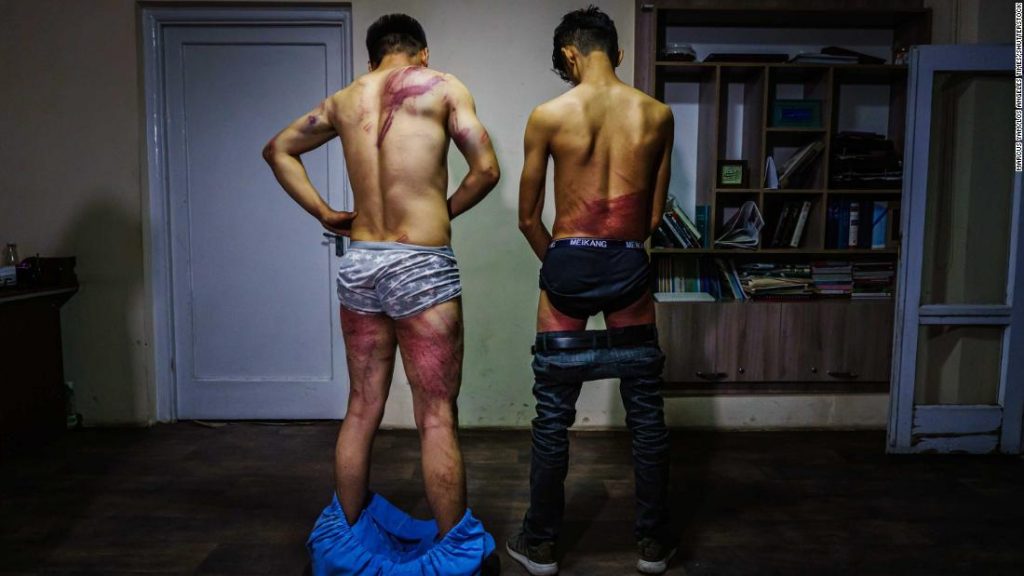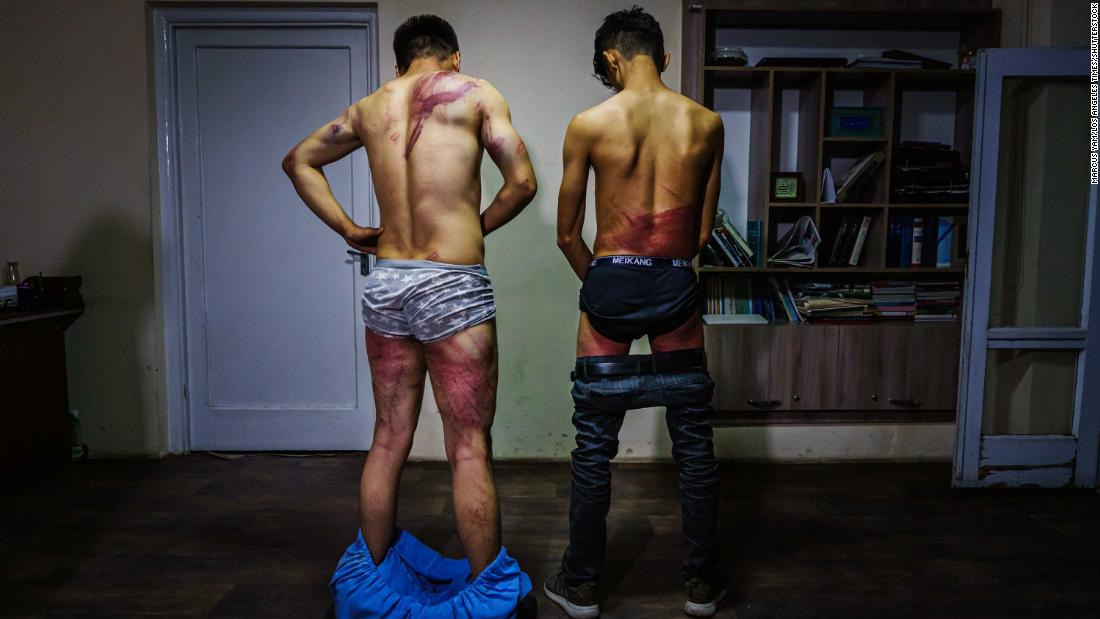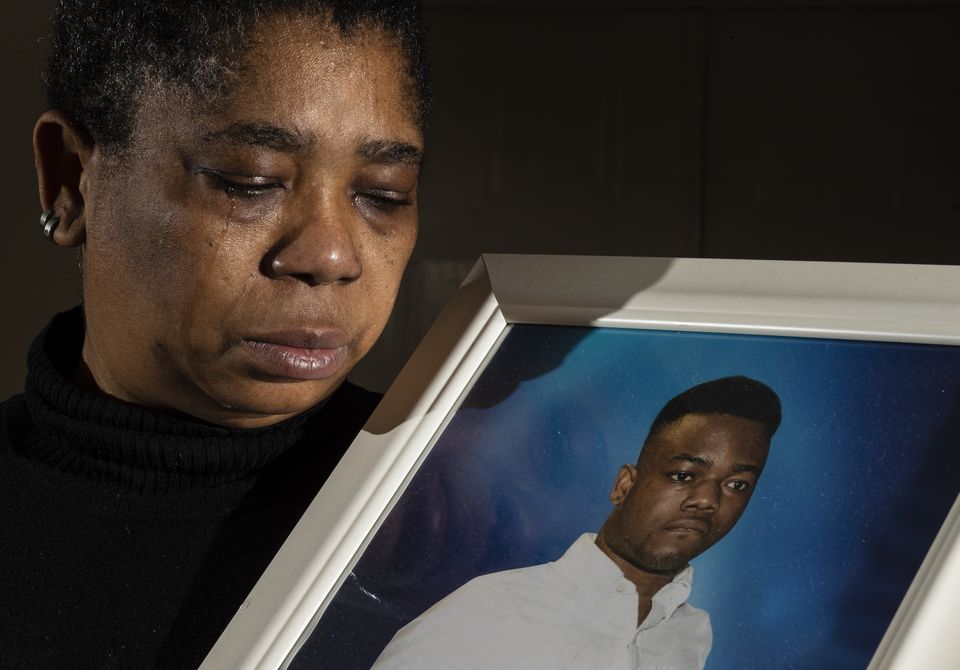From about 6,956 kilometres away, Abdul Shakor (not real name), an Afghan journalist, employed caution as he attempted to paint the picture of the terror that had become his new reality.
Concerned about heavy Taliban presence in one of Kabul’s 22 districts where he now resides (location altered to protect identity), the journalist and translator told FIJ that he had been under self-imposed house arrest for fear of being identified and harmed.
Shakor explained that he had resorted to having trusted friends do his shopping and run other errands beyond the confines of his makeshift prison, biding his time until an evacuation miracle happens.
The extra caution, he explained, was necessary because “the Taliban are getting revenge against journalists who had condemned their terrorist actions in the past”.
Shakor told FIJ on Saturday, the same day Sayed Maroof Sadat, a journalist and lecturer, was killed in a drive-by shooting in Afghanistan, that as a reporter in the country, his life was in danger.
AFGHAN COLLAPSE
Shakor had served for almost a decade for various platforms in Afghanistan before the US pulled out of the country between May 1 and August 15, 2021.
Having spent 20 years in the Arab nation following the 9/11 attack in 2001, US troops withdrew, the Taliban went on the offensive, and Ashraf Ghani, the Afghanistan president, fled the country, offering the reins of power on a platter to the extremist group.

Two months on, Afghan journalists have shared stories of brutality and targeted attacks by the Taliban. The CPJ, an international non-governmental organisation, said at least 14 journalists were detained and then released in the spate of two days.
THE TALIBAN THREAT
While Zabihullah Mujahid, Taliban spokeman, has made attempts to water down the threats posed to journalists in the country, a statement made on May 5 continues to haunt media professionals like Shakor whose works have exposed Taliban excesses in the past.
READ ALSO: Nigeria Silent as Countries Evacuate Citizens from Afghanistan
Two days after the World Press Freedom day, Mujahid warned Afghan journalists who give “one-sided news in support of Afghanistan’s intelligence” to stop or “face the consequences”.

According to the UNESCO, as many as 76 journalists have been killed in Afghanistan since 2006, making it one of the most dangerous places in the world for journalists to practise.
Earlier in May, Amnesty International decried the spiraling violence against journalists in Afghanistan and the impunity of those carrying out the attacks.
“Nearly all the killings, invariably carried out by unidentified gunmen, have gone uninvestigated,” Amnesty said. “Dozens of others have been injured, while journalists routinely receive threats, intimidation and harassment because of their work. Faced with this dire situation and with multiple journalist ‘hit lists’ in open circulation, many journalists are fleeing the country.”
US JOURNALISTS URGE BIDEN TO REACT
A report by Vanity Fair Hive a day after Ghani fled Afghanistan revealed that publishers of The New York Times, The Wall Street Journal, and The Washington Post issued a statement to Joe Biden, the US president.
“For the past twenty years, brave Afghan colleagues have worked tirelessly to help The New York Times, The Washington Post, and The Wall Street Journal share news and information from the region with the global public,” the group said. “Now, those colleagues and their families are trapped in Kabul, their lives in peril.”
The media platforms asked the president for “facilitated and protected access to the U.S.-controlled airport”, “safe passage through a protected access gate to the airport” and “facilitated air movement out of the country”.
But despite several calls for evacuation, Shakor continues to look over his shoulders as hundreds of Taliban foot soldiers stroll around his city, answering nicknames and conversing in secrecy.
Subscribe
Be the first to receive special investigative reports and features in your inbox.















